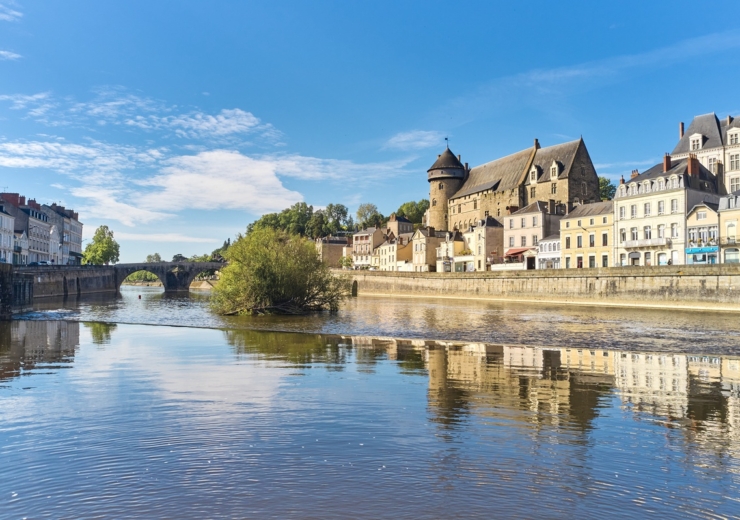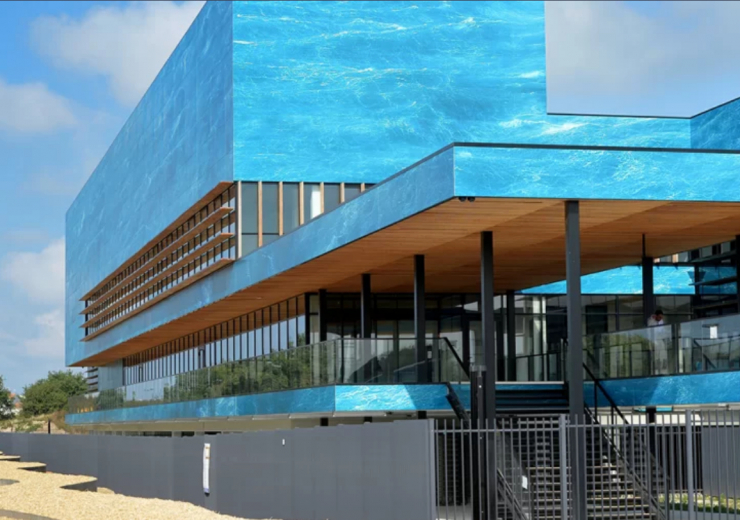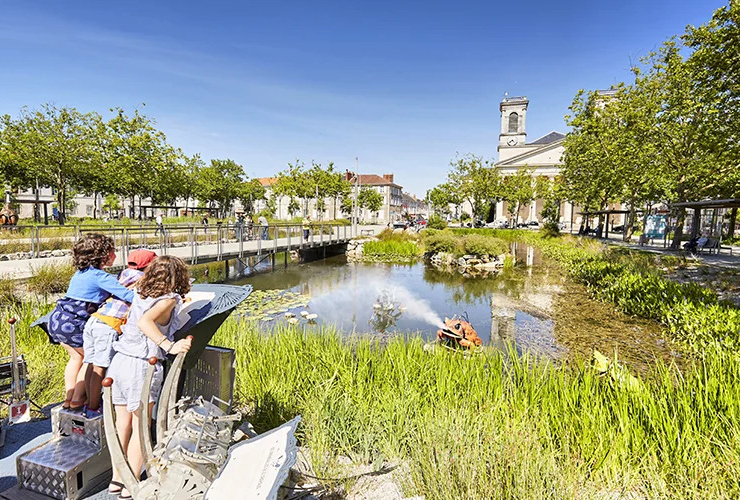From the 16th to the 22nd of June 2025, the International Paris Air Show will showcase innovations in sustainable aviation. Hydrogen is at the heart of these innovations, and the Atlantic France region has several ambitious projects in the pipeline.
Atlantic France is a pillar of the French aeronautics industry. The region is home to 285 companies in the sector, including major prime contractors such as Airbus and Daher, and more than 28,700 employees. It is also a national leader in the development of both civil and military drones.
As a result, this strong industrial base provides the region with a dense ecosystem of skills that are invaluable for innovation in aeronautics. For example, Atlantic France is a key player in the development of composite materials, thanks in particular to Technocampus Composites and IRT Jules Verne. The region is also advancing in the field of liquid hydrogen storage, a key technology for the future of aviation.
Hydrogen to decarbonise the skies
Hydrogen is emerging as a promising solution for reducing the carbon footprint of aviation. The most widely used technology is cryogenic liquid hydrogen, but there are also plans for small aircraft powered by gaseous hydrogen.
At the Airbus Summit 2025, the company’s annual flagship event, Airbus presented a concept aircraft powered by four 2-megawatt electric motors, fuelled by fuel cells and liquid hydrogen tanks. These aircraft are now expected to enter service in the second half of the 2030s, given the technological and regulatory challenges involved.
Meanwhile, the development of sustainable aviation fuels (e-fuels) is also accelerating. The revised French National Hydrogen Strategy, published on the 16th of April 2025, underlines the government’s determination to structure a national industry by 2030, with increased support for innovative projects.
Take Kair, GOCO2 and ZIBaC: a virtuous ecosystem in Atlantic France
The Atlantic France region is at the heart of this national dynamic with the Take Kair project, led by Hynamics (an EDF subsidiary), Holcim, IFPEN and Axens, which aims to produce e-kerosene from low-carbon hydrogen and captured CO₂. Located within the port of Nantes Saint-Nazaire, this project is one of the four winners of the government’s Carb Aéro call for projects.
It is part of an integrated approach that works in synergy with the GOCO2 project, which plans to capture and transport industrial CO₂ to the port of Nantes Saint-Nazaire. The port has also been awarded the ZIBaC label and aims to become a leading low-carbon energy hub.
Hydrogen from Atlantic France out in force at the Paris Air Show
The Atlantic France regional pavilion, located in Hall 4 D166, will be showcasing these projects at the Paris Air Show from the 16th to the 22nd of June 2025. Two hydrogen-related highlights are planned:
- A presentation of the Take Kair project, illustrating the region’s ability to unite industrial players around innovative solutions for decarbonising aviation (Monday the 16th of June at 10am).
- A spotlight on advances in liquid hydrogen storage, featuring contributions from IRT Jules Verne, Aresia and Cetim (Thursday the 19th of June at 10.30am).
The event will also be an opportunity to discover the start-up Blue Spirit Aero, which will present its light hydrogen aircraft, the Dragonfly, following the symbolic first run of its demonstrator a few days earlier at the Le Mans 24 Hours.
Converging expertise for a sustainable future
Atlantic France is demonstrating a remarkable ability to mobilise its industrial, scientific and institutional expertise to meet the challenges of the energy transition in aeronautics. By focusing on hydrogen, the region is establishing itself as a key player in the aviation of the future and is reconciling innovation, performance and environmental responsibility.
Moreover, the development of hydrogen in Atlantic France is not limited to aviation. We are witnessing technology transfers to other sectors such as the naval and land transport industries. Thanks to its expertise in cryogenics, composite materials and complex systems, the region is adapting these innovations to accelerate the emergence of a cross-disciplinary industrial ecosystem that serves the energy transition.


 日本語
日本語  Français
Français 



